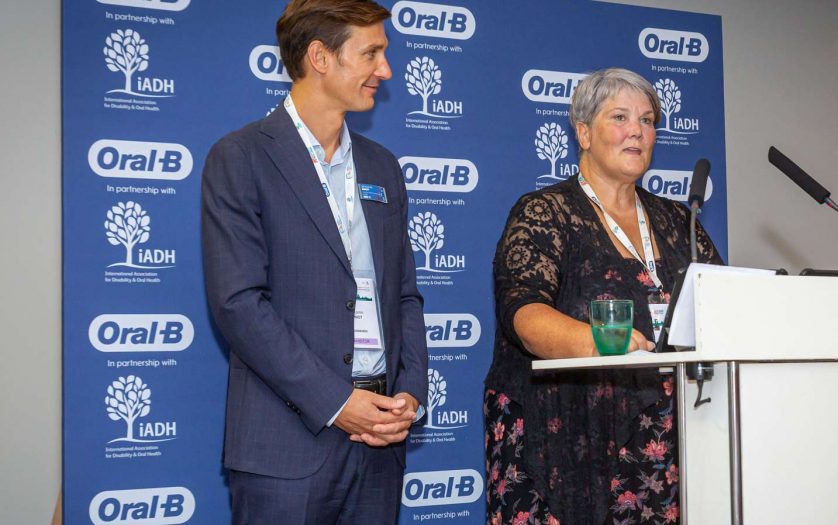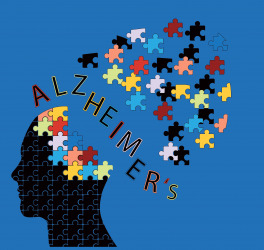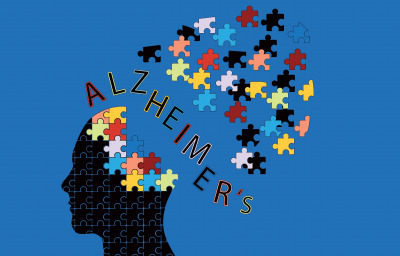
Oral care product company Oral-B is partnering with the International Association of Disability and Oral Health (iADH) to increase oral care access for persons with disabilities.
Approximately 166 million people in Europe are affected by a disability in some way and recent research reveals that a third (1/3) of those experience gum issues due to struggles with maintaining their oral health1. Oral-B is on a mission to ensure that everybody has an equitable oral care experience – whether that be at the dentist practice, easily accessible and personalised tips and tricks or with the products that are used at home to maintain oral health.
“As the leading innovator in oral health for over 70 years and the #1 dentist recommended brand, we recognise the importance of making oral care accessible to all – and continuously listen to people’s experiences with disabilities to understand how we can help them. Through this work, we have learned that oral health care struggles amongst this audience are most common because many haven’t been taught the skills they need to brush their teeth effectively, they experience a sense of inevitability about their teeth deteriorating and may be especially anxious in the dentist’s chair. As a brand, we recognize our responsibility to help ensure that oral care is accessible to all and we are proud to partner with the iADH to work to improve the experience for people living with disabilities.” said Benjamin Binot, P&G Europe Oral Care Senior Vice President.
The first step of this partnership is to co-create a ‘Positive Practices’ training program designed to train and educate dental practices on how to become more confident and inclusive when it comes to their patients.
“We are delighted to be working alongside Oral-B to address the significant oral health inequalities experienced by people with disabilities in Europe, through innovation, education, research and advocacy. By working together, we aim to make a positive difference to the oral care experience for people living with visible and nonvisible disabilities.” said Alison Dougall, iADH President.
“iADH exists to improve desired oral health outcomes for people with disabilities and Oral-B exists to create the best oral care outcomes by providing the most rewarding and enjoyable oral care experiences for everyone, everyday – given our shared values, it felt like a very natural fit when Oral-B approached us to come together in partnership”
The brand will also be present at this year’s Biennial iADH Congress 2022 in Paris to learn from the global members, who will be sharing their knowledge and experience to improve oral health outcomes for people with disabilities in a KOL workshop hosted by Oral-B. The findings gathered from the workshop will help to inform Positive Practices and ensure that the training programme is underpinned by insight to deliver the best outcome for change.








